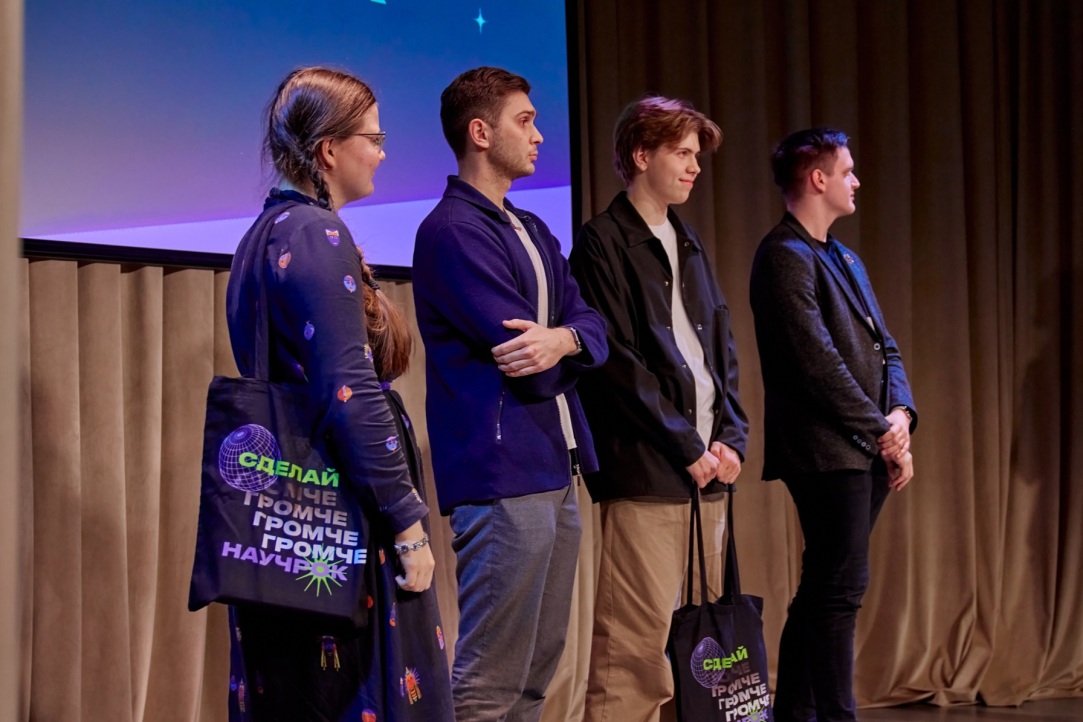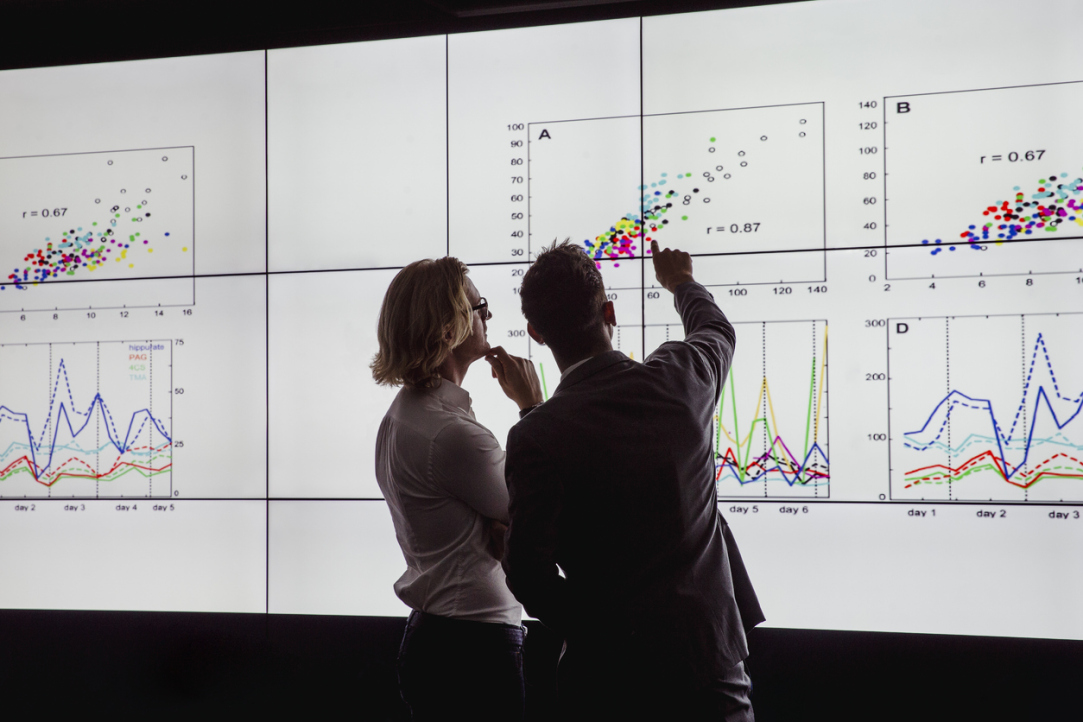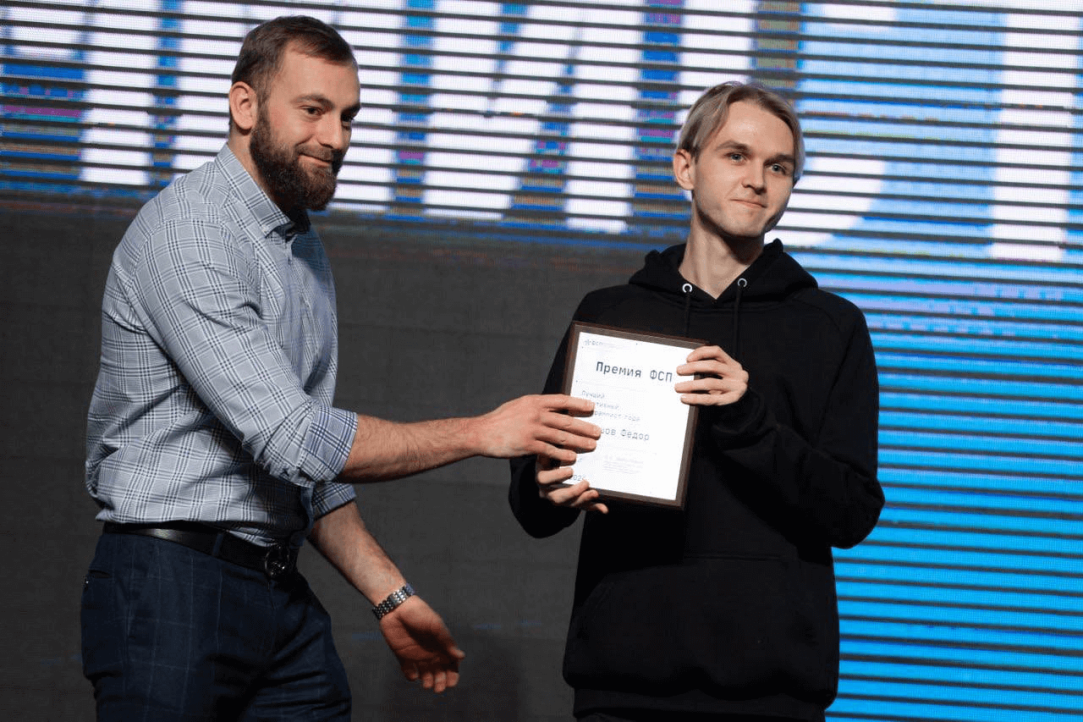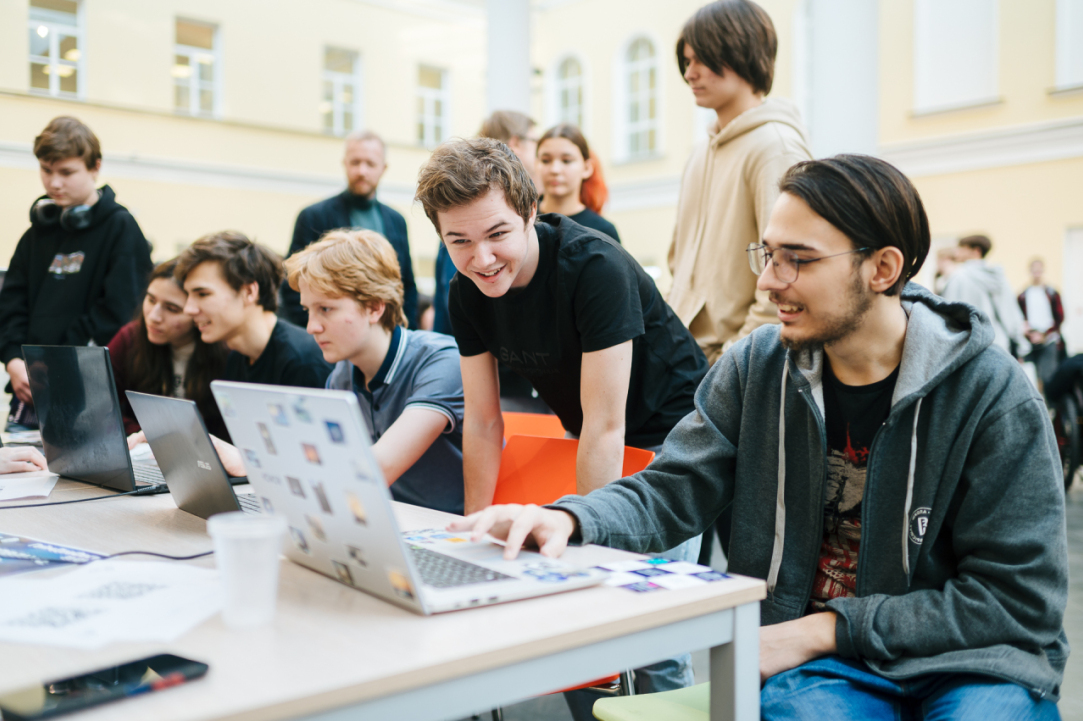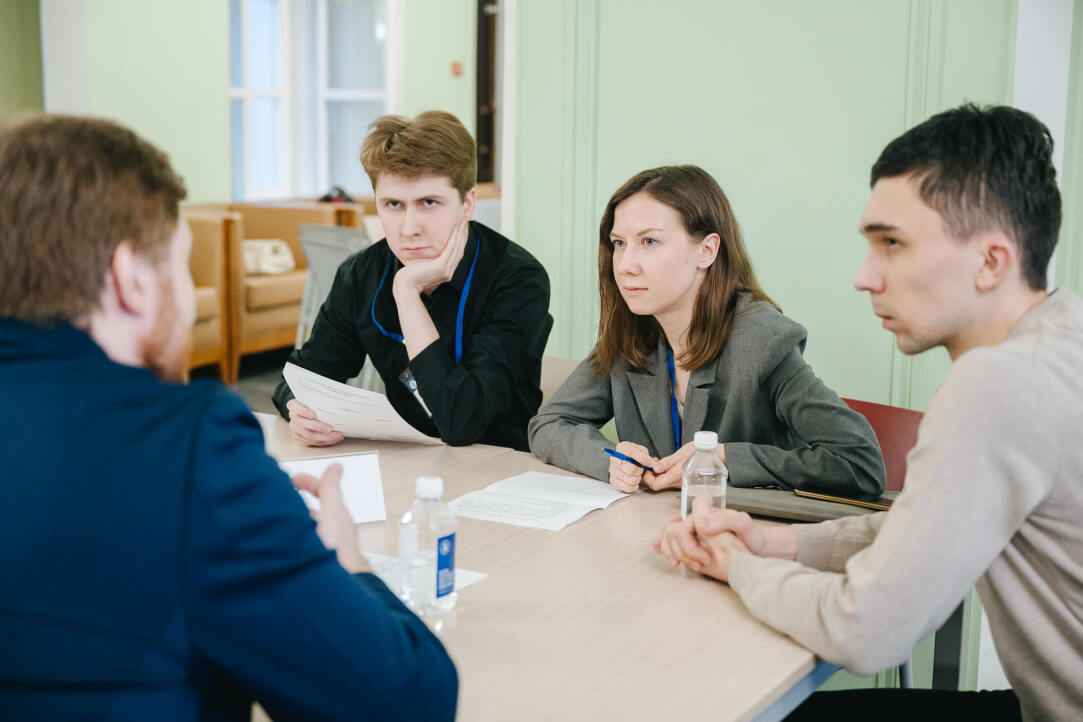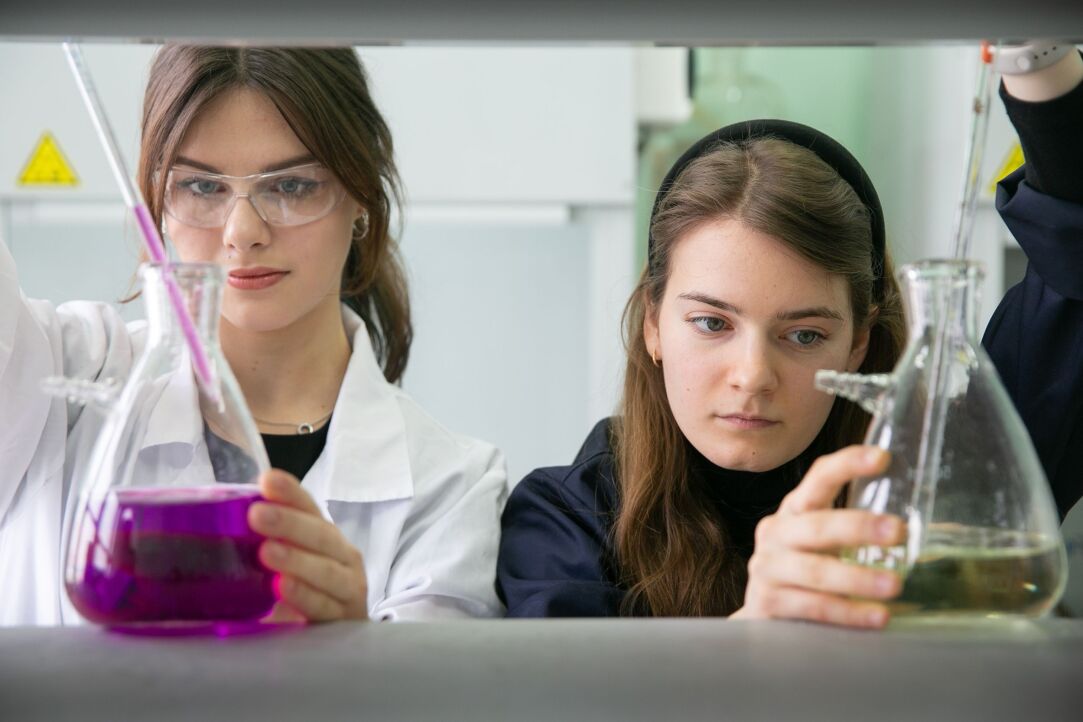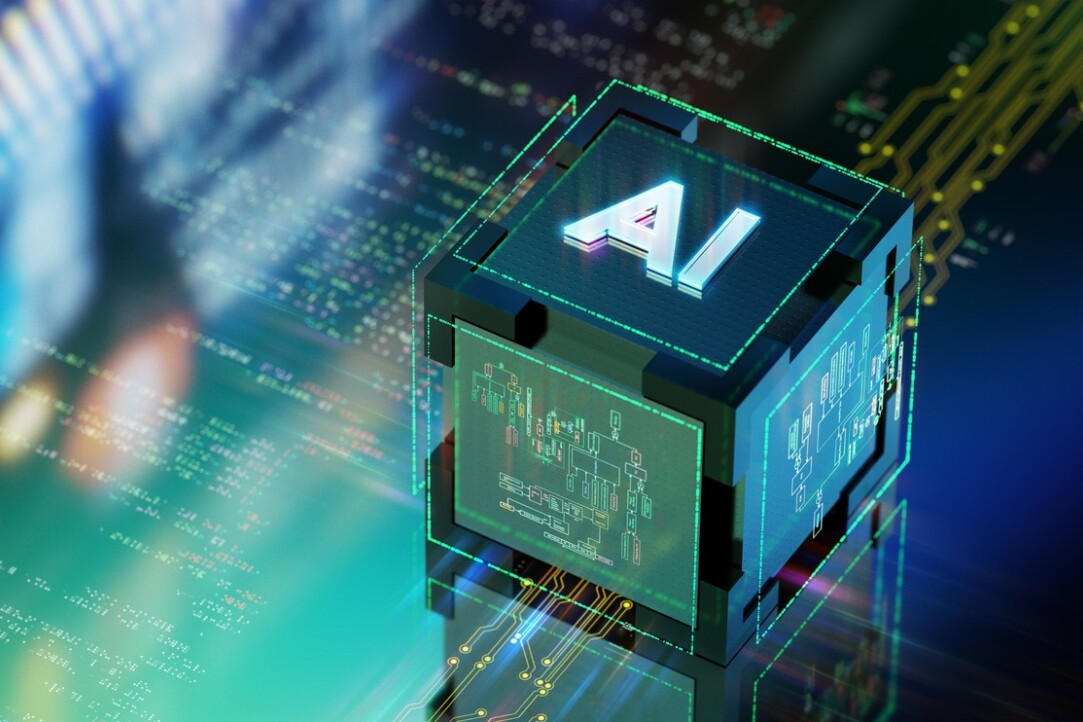In early February, the HSE Cultural Centre hosted ‘IT Session: Immersion in the Data World’, a winter school on analytics and data science organised by the Continuing Education Centre of the Faculty of Computer Science. More than four hundred participants attended lectures by speakers from Yandex, T-Bank, MTS, Okko, Kuper, Avito, Bank of Russia, Beeline, as well as FCS experts. The event gathered both early-career analysts and students, as well as experts seeking to better understand how analytics and data science can be applied in various industries.

